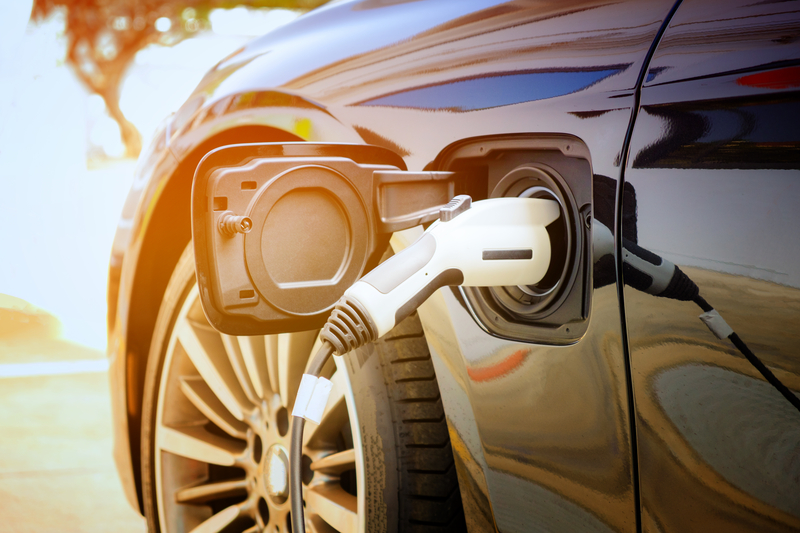TRENTON, NJ – When you hear stories about New Jersey Governor Phil Murphy’s ban on gas-powered car sales in 2035, you immediately think we’re ten years away and a lot can change between now and then.
Guess what? The first phase of that ban starts in 2025 with the 2026 car models. That’s less than a year from now.
New Jersey is set to adopt the Advanced Clean Cars II (ACC II) program, aligning with California’s pioneering emission control standards to combat climate change and enhance air quality.
The ACC II program, an evolution of the Low Emission Vehicle (LEV) initiative, aims to significantly increase zero-emission vehicle (ZEV) requirements and impose stricter multi-pollutant exhaust emission standards for new passenger cars, light-duty trucks, and medium-duty vehicles starting with the 2026 model year.
That’s right, the new emissions standards start at the end of 2025 when the 2026 models start rolling out.
The Department of Environmental Protection (DEP) has proposed the adoption of ACC II under new regulations, which will replace the current rules after the 2025 model year. This change is a response to the pressing need to address climate change and its impact on public health, as underscored by New Jersey’s own environmental legislation and reports.
The change has been unpopular with residents of New Jersey, but the governor is continuing to press forward with his gasoline-powered car ban.
The ACC II program mandates that by 2035, 100% of new passenger cars and light-duty trucks sold must meet ZEV standards, effectively producing zero exhaust emissions of any criteria pollutant or greenhouse gas under any operational mode.
Additionally, the program tightens NOx and PM emissions standards for internal combustion engines, aiming to lower the transportation sector’s contribution to greenhouse gas emissions significantly.
In 2007, the state legislature passed the Global Warming Response Act (GWRA), recognizing the threat of climate change and the importance of reducing greenhouse gas emissions. Amendments in 2019 expanded this directive, mandating comprehensive strategies to cut emissions of both greenhouse gases and short-lived climate pollutants. The ACC II’s adoption is a critical step towards achieving the GWRA’s goals, reflecting the state’s commitment to a sustainable and clean environment.
The DEP’s proposal to integrate the ACC II program underlines New Jersey’s proactive approach in tackling the dual challenges of climate change and air quality deterioration. By adopting these stringent emission standards, New Jersey not only aims to reduce greenhouse gas emissions from the transportation sector, which accounts for a significant portion of the state’s overall emissions but also addresses the public health concerns associated with air pollution.
But the car industry is now starting to pull back on its EV manufacturing volume after lower-than-expected sales and a lack of interest by the general public in EVs. Furthermore, stringent standards and regulations are making many think twice about switching from gas to electric.
This initiative is expected to have a far-reaching impact on manufacturers, requiring them to comply with more stringent emission standards and contribute to the electrification of the transportation sector. The ACC II program represents a significant step forward in New Jersey’s environmental policy, marking a bold move towards cleaner air and a healthier environment for its residents.
